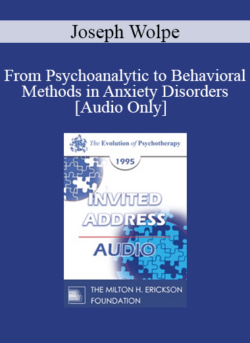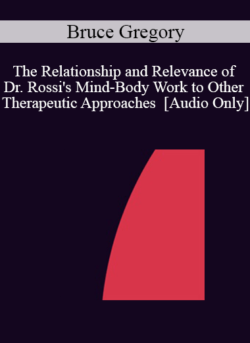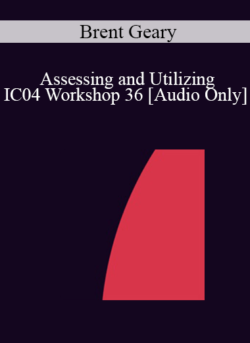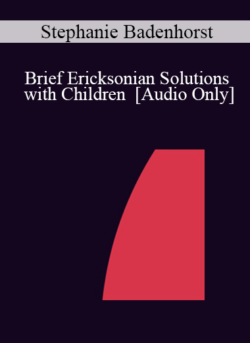[Instant Download] – Immediately deliver the download link after receiving the paymentPurchase [Audio] EP95 Invited Address 06b – From Psychoanalytic to Behavioral Methods in Anxiety Disorders: A Continuing Evolution – Joseph Wolpe, MD courses at here with PRICE $15 $5Topic Areas:Invited AddressCategory:Evolution of Psychotherapy | Evolution of Psychotherapy 1995Faculty:Albert Ellis, PhD | Joseph Wolpe, M.D.Duration:1:31:10Format:Audio OnlyOriginal Program Date :Dec 14, 1995:Invited Address Session 6 Part 2 from the Evolution of Psychotherapy 1995 – From Psychoanalytic to Behavioral Methods in Anxiety Disorders: A Continuing Evolution Featuring Joseph Wolpe, MD, with discussant Albert Ellis, PhD. Moderated by William Matthews, Jr, PhD.In the early decades of the 20th century Freud’s mastery of the craft of presenting a case enthroned a belief that anxiety disorders were caused by repressed emotional complexes and that recovery required the restitution of repressed ideas. This belief dominated psychotherapeutic practice, and even though little was to be seen in the way of success, any alternative was treated with scorn. Mid-century studies of experimental neuroses showed that these disturbances were the consequence of the learning of maladaptive anxiety and could be overcome by systematic counteraction by other emotions. These findings, transferred to humans, were gratifyingly successful, but the published findings were ignored or belittled. Meanwhile, an increasing repertoire of relearning methods was developing including cognitive correction for subclasses of maladaptive anxieties based on misinformation. Recently, social pressures for cost-effective treatment of anxiety disorders have brought behavior therapy widening attention and thus for the first time it has been discussed as a primary therapy for anxiety disorders in journals of the American Psychiatric Association. Educational Objectives:Given a client, show that the achievement of lasting diminution of neurotic disturbance is the most significant index of the potency of psychotherapy.To recount the disappointing experiences with psychodynamic methods that led to a search for alternatives, and how experimental neuroses came to be seen as a model with clinical potential.To describe various experiments that established the therapeutic efficacy of conditioning methods in experimental and clinical neuroses, and how clinical derivatives continue to emerge from behavioral paradigms.*Sessions may be edited for content and to preserve confidentiality*
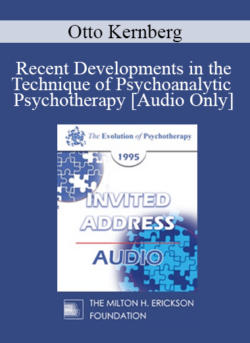 [Audio] EP95 Invited Address 07a – Recent Developments in the Technique of Psychoanalytic Psychotherapy – Otto Kernberg, MD
₹830.00
[Audio] EP95 Invited Address 07a – Recent Developments in the Technique of Psychoanalytic Psychotherapy – Otto Kernberg, MD
₹830.00
 [Audio] EP00 Invited Address 11b – Therapy of “As If” – Paul Watzlawick, Ph.D.
₹830.00
[Audio] EP00 Invited Address 11b – Therapy of “As If” – Paul Watzlawick, Ph.D.
₹830.00
[Audio] EP95 Invited Address 06b – From Psychoanalytic to Behavioral Methods in Anxiety Disorders: A Continuing Evolution – Joseph Wolpe, MD
₹830.00

